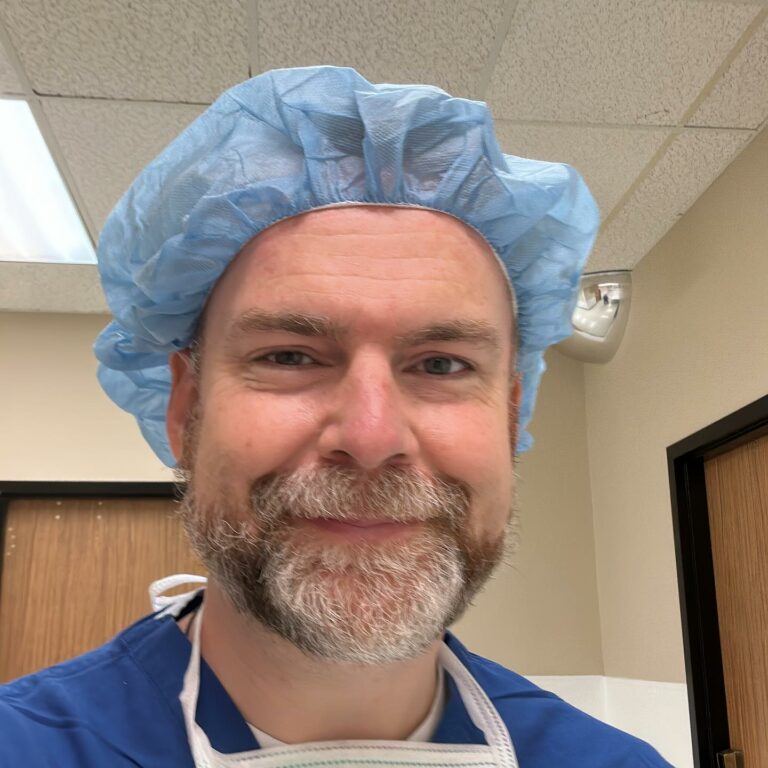Finding the Right Doctor for Vulvovaginal Pain: A Patient’s Guide
Living with undiagnosed vulvovaginal pain can be physically and emotionally challenging. Finding the right healthcare provider is crucial for proper diagnosis and treatment, but many patients struggle to locate doctors who specialize in this complex field. Here’s how to find a compassionate, qualified specialist who will take your condition seriously.
Look for Specialized Expertise
The most qualified specialists often belong to professional organizations dedicated to vulvovaginal health. Key organizations include the International Society for the Study of Women’s Sexual Health (ISSWSH), the International Society for the Study of Vulvovaginal Disorders (ISSVD), and the North American Menopause Society (NAMS). Doctors who maintain memberships in these organizations typically stay current with the latest research and treatment approaches.
Consider seeking out physicians who focus exclusively on vulvovaginal disorders rather than those who split their practice between multiple specialties. A dedicated vulvovaginal specialist can devote their full attention and expertise to complex cases like yours. This focused practice often translates to deeper experience with rare conditions and challenging cases.
Prioritize Trauma-Informed Care
A quality specialist should practice trauma-informed care, recognizing that many patients with vulvovaginal conditions have experienced medical trauma, sexual trauma, or dismissal of their symptoms by previous providers.
Trauma-informed practices include:
– Creating a safe, comfortable environment where patients feel in control of their care
– Explaining procedures thoroughly and obtaining ongoing consent
– Respecting boundaries and never pressuring patients
– Acknowledging and validating past negative healthcare experiences
– Understanding how trauma can impact both symptoms and treatment
Patient-Centered Approach
The right doctor will view you as a partner in your healthcare journey. They should:
– Listen attentively to your complete symptom history without interrupting or dismissing any details
– Take your lived experience seriously and incorporate it into clinical decision-making
– Explain their thought process clearly when discussing potential diagnoses
– Present multiple treatment options when available
– Respect your preferences and comfort level with different treatments
– Be willing to adjust treatment plans based on your feedback
Your doctor should never minimize your pain or suggest it’s “all in your head.” They should acknowledge that vulvovaginal pain conditions are real and can significantly impact quality of life.
Red Flags to Watch For
Be wary of doctors who:
– Rush through appointments or seem dismissive of your concerns
– Push for invasive treatments without first trying conservative approaches
– Refuse to explain their reasoning or answer questions
– Dismiss the emotional impact of chronic pain
– Make you feel ashamed or embarrassed about your condition
– Base their recommendations on outdated medical data
Remember that you have the right to seek second opinions and switch providers if you’re not receiving appropriate care. Finding the right doctor may take time, but having a knowledgeable, compassionate specialist on your side can make a tremendous difference in your healing journey. Don’t settle for care that doesn’t meet your needs – you deserve a healthcare provider who will be a true partner in addressing your vulvovaginal health concerns.
Care of this caliber can often be expensive, and thus, out of reach for many sufferers. Don’t walk this path alone. If you’re suffering, but concerned about the financial side of your treatment, please reach out to us. We want to help you.



